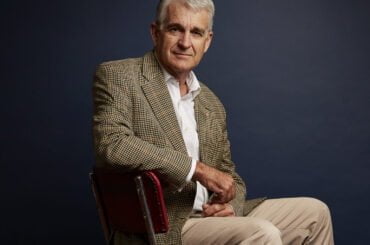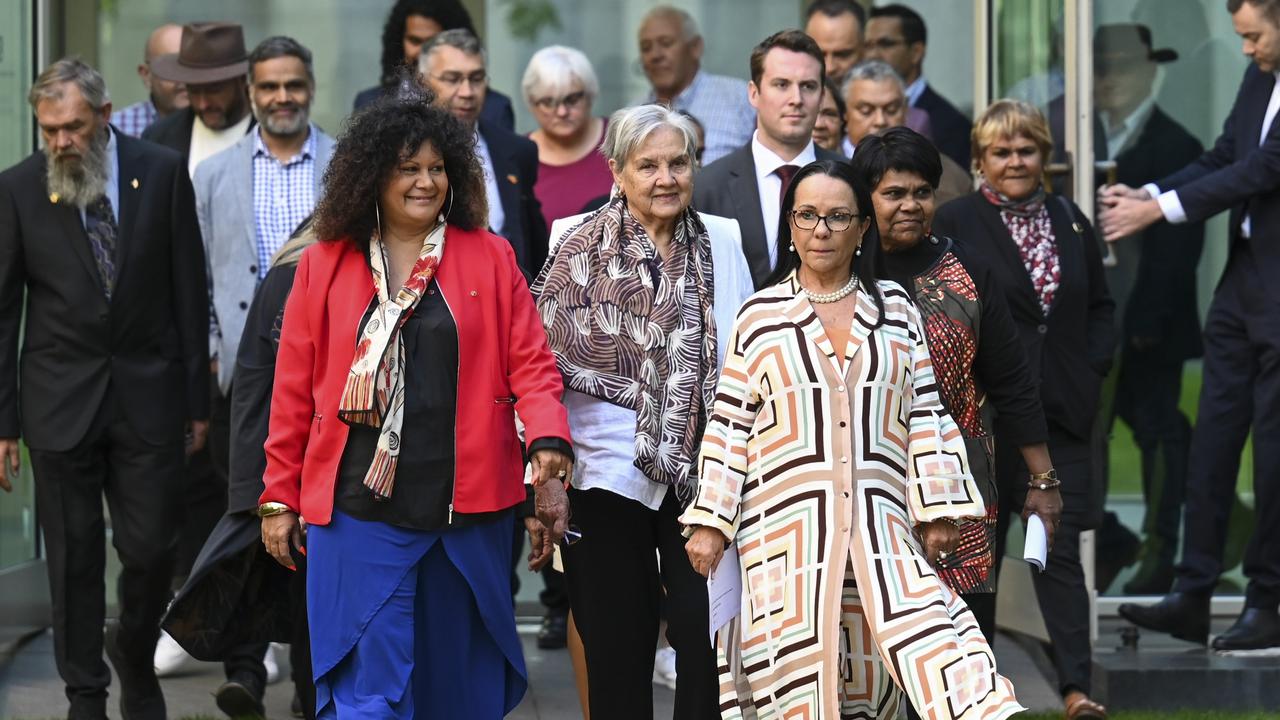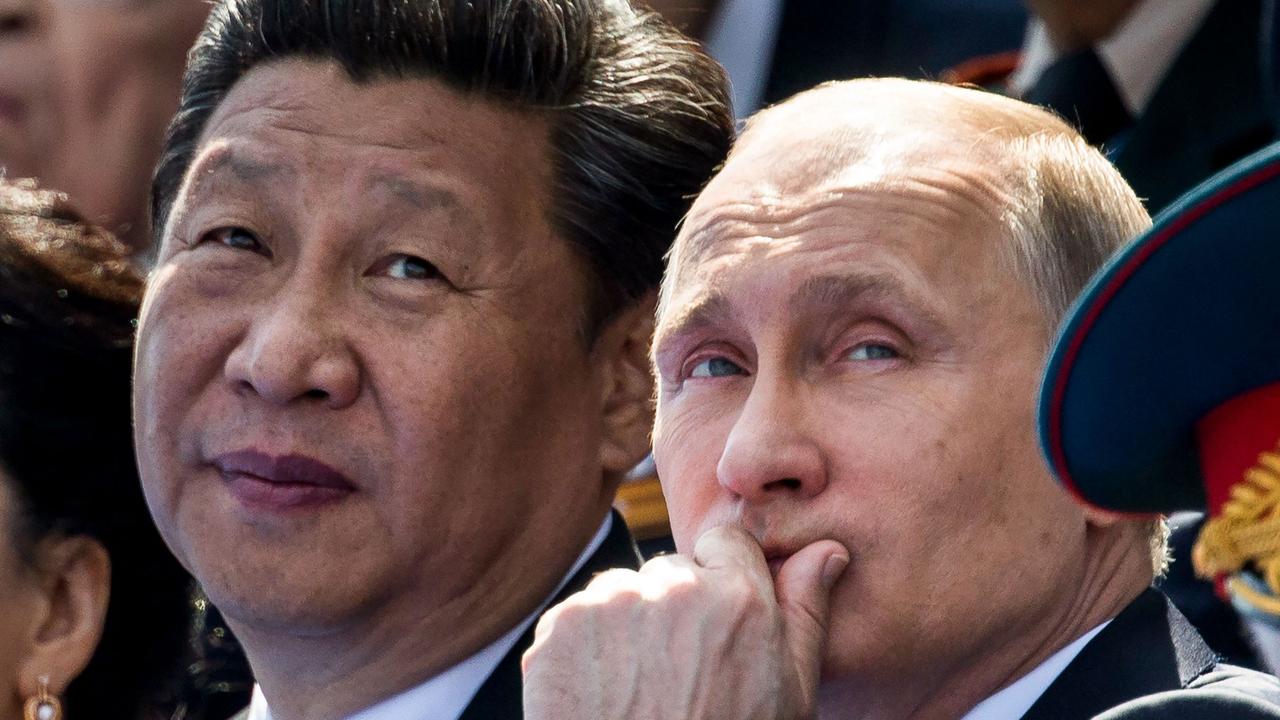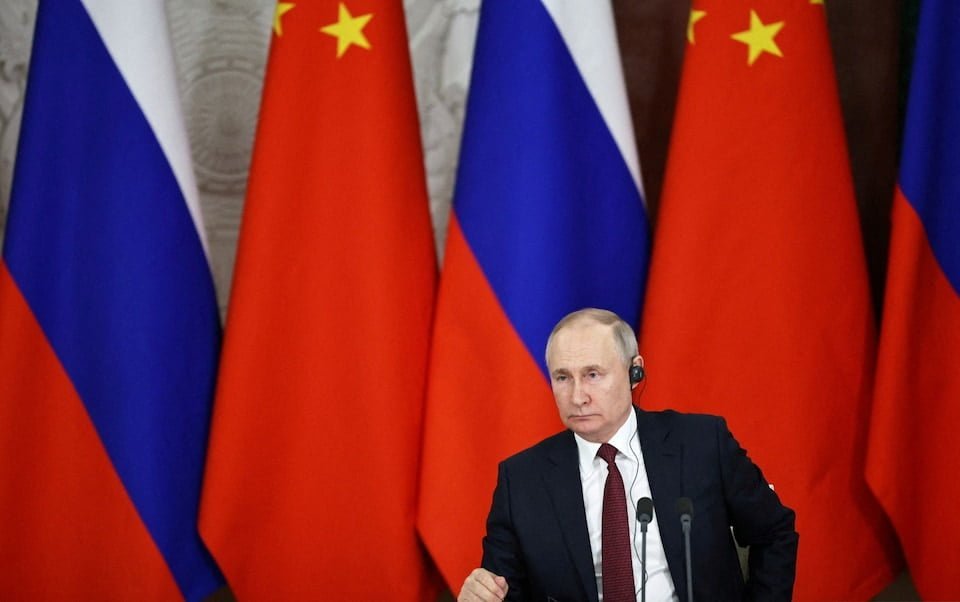
Let’s emulate Jordan
Jordan Peterson’s much-hyped performance on Q&A was a model of reasonable discussion. As long as the ABC is committed to hosting high-quality conservative voices then it is making a significant contribution to the quality of public debate in Australia, and therefore to the quality of our increasingly polarised democracy.
It must be said, however, that Peterson faced a fair amount of colourful invective from certain panellists and audience members. Still, he cut through in his trademark manner and emerged, if not convincing to all people, dignified in any reasonable estimation.
Balanced and respectful dialogue is sorely needed in Australia.
‘Hate racism, misogyny and all-round bigotry? Then you’ll hate Jordan Peterson.’ This was the Facebook announcement for the National Union of Students’ protest against Peterson’s recent lecture at the Sydney Opera House. Protesters shouted out anti-racist slogans and brandished socialist banners against Nazism.
As well as the now-standard labels of sexist, racist, misogynistic, transphobic and bigoted, other posts on the Protest Jordan Peterson page add more dreadful personal insult and inuendo. He’s constantly associated with the ‘far right’, which is basically code word among the left for neo-Nazism. Just as McCarthyites in the 1950s associated any critic of American capitalism with communism, so it has become common to brand any critic of ‘progressive’ ideology as ‘far right’, ‘fascist’, ‘misogynist’ or ‘white supremacist’. History doesn’t repeat, but it rhymes.
It would be naive to suggest that public debate in Australia has always been cool and dispassionate until relatively recently. Anybody old enough to remember the Whitlam dismissal in 1975 will remember some pretty heated arguments among friends. Going back just a little further and the Vietnam war will bring back memories of extreme polarisation in Australia. Yet those moments in political history are significant because they were not typical. Vietnam was, for many, literally a matter of life or death. Increasingly, however, this kind of polarisation is coming to characterise some of the loudest voices in our political discourse. This can only be disastrous for public debate and public policy, for you can’t get good public policy out of bad public debate.
It is now indisputable that social media has played a powerful role in our polarised societies, enabling people to consume only those messages with which they agree. Increasingly, the challenge is less that the public sphere is polarised, but, in Niall Ferguson’s words, ‘The challenge is that it has been so fragmented by misnamed social media that it is no longer a single public sphere.’
Politics in affluent democracies resembles the very postmodern culture that has emerged over the past forty years, in the words of French philosopher Jean Baudrillard, it is a culture ‘in which the traditionally valued qualities of depth, coherence [and] meaning are evacuated or dissolved amid the random swirl of empty signals.’
The euphoria and optimism of how social media could be a vehicle against dictatorships and tyranny — remember the Arab Spring of 2010? — has now collapsed into dystopian fears of rising populism and civil unrest. We have forgotten what insightful minds of past generations knew well, that the social effects of technology depend on the virtue of its users.
Most people in their everyday lives are virtuous, but it appears that as a society we are slipping into a civic vice dangerous to a healthy democracy. Whereas once we could like the person but dislike the opinion, now we seem increasingly to see others less as people than as mere bundles of political, ideological, and moral opinions.
I sincerely hope that Australia will not continue to go down the path of America, where, in the words of Greg Lukianoff and Jonathan Haidt, citizens ‘are now motivated to leave their couches to take part in political action not by love for their country’s candidate but by hatred of the other party’s candidate.’ Hopefully our culture of pragmatism and aversion to (non-sport-related) enthusiasm will preserve us from such a fate.
Only a few dozen people turned up to the Peterson protest, but recent events such as the same-sex marriage debate, the trials of the Ramsay Centre and the no-platforming attempts against anti-feminists and climate sceptics in universities show that the voices of such people are loud and potentially effective. If polarisation is a looming crisis for modern democracy then it is a clear opportunity for the ABC to model fair debate for the Australian polity.
An example of Peterson’s considered refrain was when he calmly responded to claims that identity politics is a bogus category because all politics is identity politics. Peterson correctly responded that although all politics involves collective action, not all collective action defines the individuals within the collective solely in terms of their membership of some—racial, sexual, gender—identity.
Would that all of our public debate was so clear-headed.
The tendency of much contemporary political discourse in liberal democracies to divide people into victim-oppressor classes is deeply un-Australian. It flies in the face of the spirit of mateship that should be a uniting bond between all of us. Demonising Peterson and those who support him as racists and Nazis is to slander the many ordinary Australians, male and female, for whom his message of independence resonates.
If the ultimate purpose of activism is to change hearts and minds, such tactics are simply irrational, but they also harm our democracy.
The best thing for us all to do is to imitate Peterson’s own performance this week on Q&A: avoid abuse and engage with the ideas. This is what it is to stand up straight with your shoulders back in the public sphere.
Originally published in The Spectator Australia
Original Article






